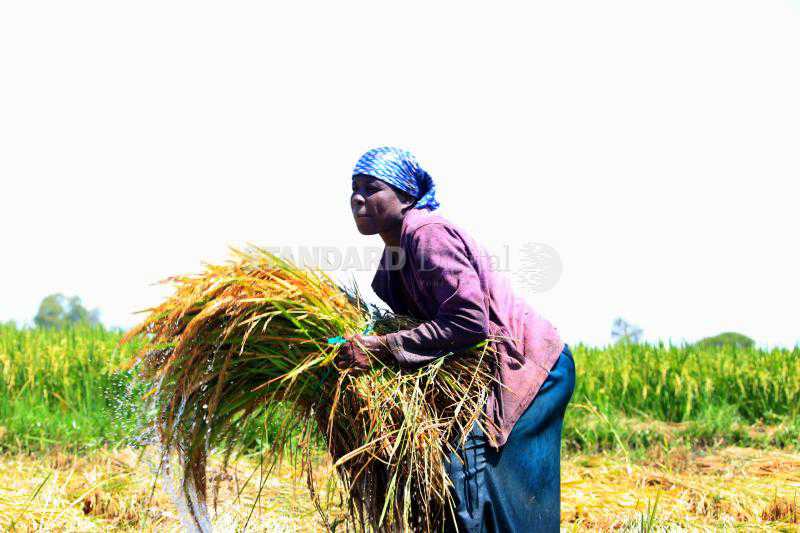×
The Standard e-Paper
Join Thousands Daily

Rice farmers in the Ahero Irrigation Scheme are staring at losses of up to Sh10 million following a massive invasion by weaver birds.
The affected farmers, who estimated that they had already lost about 30 per cent of the 360 acres of rice fields to the birds, appealed to the county government to quickly eradicate the pests.